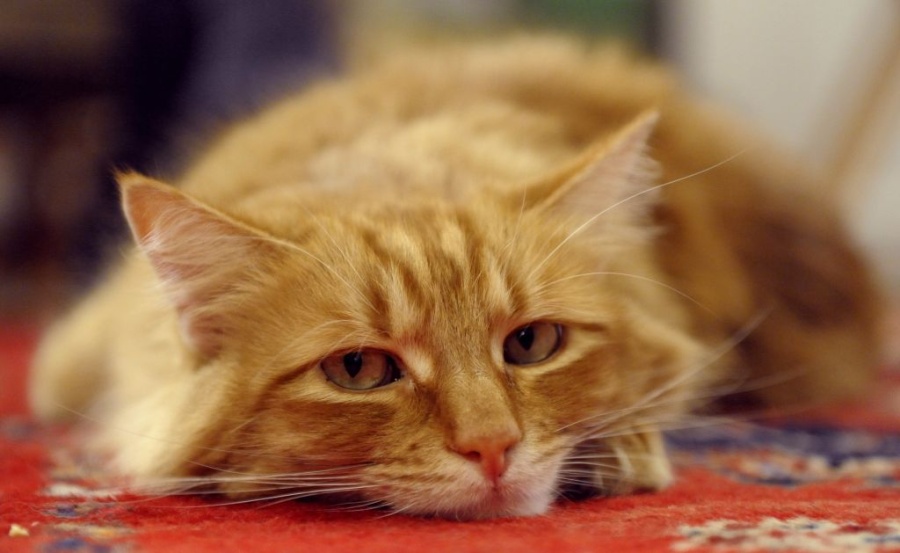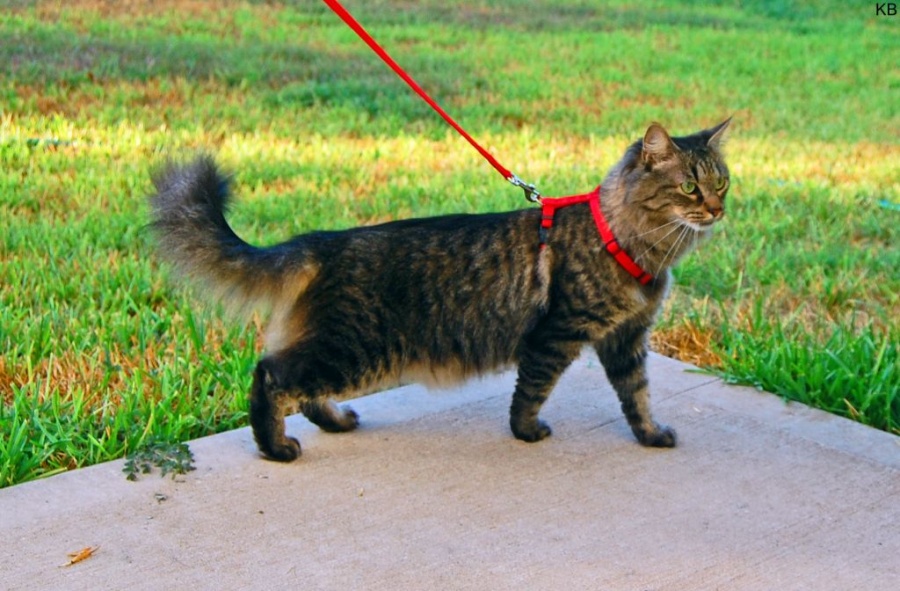Blog
Does Your Cat Have Pandora Syndrome?
August 15, 2014

Could your cat's indoor lifestyle be putting him or her at risk for symptoms such as urinary pain, digestive disturbances, hyper-grooming, and anxiety? This is an issue being raised in feline medicine by Dr. Tony Buffington of the Ohio State University. He believes there are a collection of conditions in cats that are similar to those that humans suffer such as interstitial cystitis, fibromyalgia, and panic disorders.
Cats without access to the outdoors may face more stress from household inter-cat aggression, lack of predatory opportunities, competition for resources such as perches, and diminished exercise. Diabetes and idiopathic Feline Lower Urinary Tract Disease are two health conditions that certainly occur more in indoor-only cats. Does this mean we should reverse the general recommendation to keep our beloved kitties inside? Not really, as the risks of infectious disease and traumatic injuries in cats are significantly correlated to the amount of unsupervised time spent outside. However, some feline households are able to provide for some outdoor activity by using enclosures, electronic fencing, owner supervision, and even leash walking.

Dr. Buffington advocates making changes in a cat's home environment which may help reverse the consequences of Pandora Syndrome. Among his recommendations are to give each cat his or her own litter box, food and water stations, sleeping and perching areas, and 15–30 minutes per day of interaction with the owner in the form of play sessions, grooming or affection.
Download the Household Resource Survey, a questionnaire that may identify some areas where your kitty's lifestyle and environment can be enriched.
To read the full text of Idiopathic Cystitis in Domestic Cats–Beyond the Lower Urinary Tract written by Dr. Buffington.



